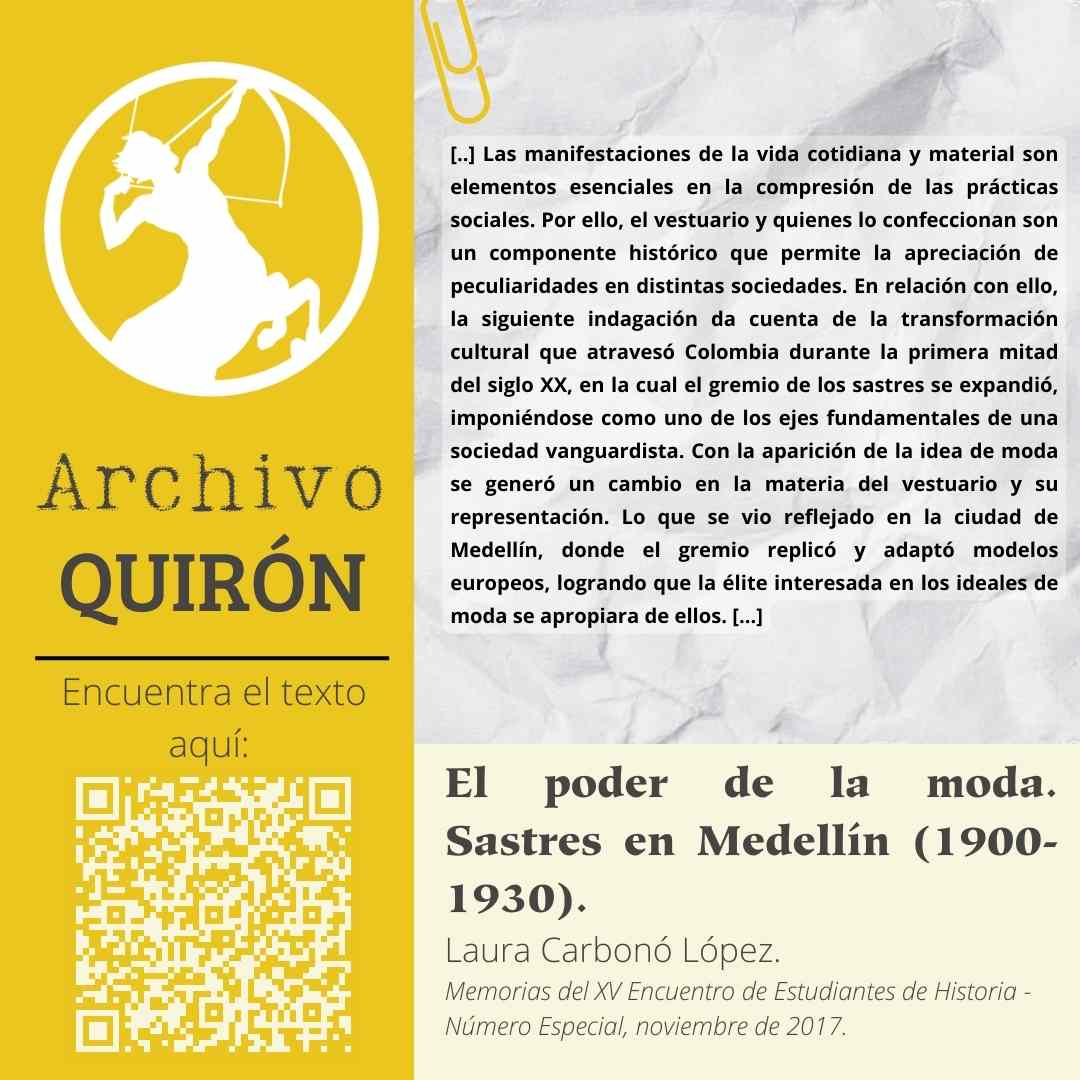Español
Keywords:
EspañolAbstract
The video games are high-tech products designed as tools for digital entertainment. Despite the innovations or transformations, they have undergone since their origins in 1947, many scholars in the areas of Social Sciences and Humanities have rejected or ignored the possibility of studying video games, with disdain, having associated video games with idleness and puerility. However, the twenty-first century saw a renewal in historical reflection and new digital technology, video games included, which dealt with the topic in two fields of study called Historical Game Studies and Digital History, both fields with interesting proposals. The present paper points out some of their convergences and dilemmas, clarifying the current panorama of video games and their relationship with the discipline of history
References
Adam Chapman, Anna Foka y Jonathan Westin, “Introduction: what is historical game studies?”, Rethinking History 21, n.° 3 (2016): 362, https://doi.org/10.1080/13642529.2016.1256638.
Anaclet Pons, “Anaclet Pons: Historia Digital. Conversatorio en Humanidades Digitales”, YouTube video, 1:45:05, publicado por “Departamento Historia Universidad Nacional Colombia”, junio 14 de 2017, https://www.youtube.com/watch?v=hIUHU4ddsSE (consultado: 11 de julio de 2018).
Andrew Darley, Visual Digital Culture: Surface Play and Spectacle in New Media Genres (London: Routledge, 2000), 12.
Carlos Barros, “Historia digital [8/11/01] – Debate”, Red Académica Internacional Historia a Debate, http://h-debate.com/historia-digital-81101/ (consultado: 13 de julio de 2018).
Edward L. Ayres, “The Pasts and Futures of Digital History”, Virginia Center for Digital History, http://www.vcdh.virginia.edu/PastsFutures.html (consultado: 2 de julio de 2018).
Espen J. Aarseth, Cybertext. Perspectives on Ergodic Literature (Baltimore: The Johns Hopkins University Press, 1997), 3-8.
Giancarlo Monina, “Storia digitale. Il dibattito storiografico in Italia”, Memoria e Ricerca, n.° 43 (2013): 185, doi: 10.3280/MER2013-043012.
Gonzalo Frasca, “Simulation versus Narrative Introduction to Ludology”, en The Video Game Theory Reader, eds. Mark J.P. Wolf y Bernard Perron (Abingdon: Routledge, 2003), 223.
Gonzalo Frasca, “Videogames of the oppressed: videogames as a means for critical thinking and debate” (Tesis de maestría en diseño de información y tecnología, Georgia Institute of Technology, 2001), 4, https://www.ludology.org/articles/thesis/FrascaThesisVideogames.pdf (consultado: 18 de julio de 2018).
Hayden White, Metahistoria. La imaginación histórica en la Europa del siglo XIX (Ciudad de México: Fondo de Cultura Económica, 2014), 16-17.
Ian Bogost, Persuasive Games. The Expressive Power of Videogames (Massachusetts: The MIT Press, 2007), ix.
Jaume Aurell et al., Comprender el pasado. Una historia de la escritura y el pensamiento histórico (Madrid: Editorial Akal, 2013), 261-262.
Juan A. Bresciano y Tiago Gil comp., La Historiografía ante el Giro Digital. Reflexiones teóricas y prácticas metodológicas (Montevideo: Ediciones Cruz del Sur, 2015), 7-8, http://lhs.unb.br/lhs/wp-content/obras/gil_bresciano.pdf (consultado: 11 de julio de 2018).
Michael Zyda, “From Visual Simulation to Virtual Reality to Games”, Computer 38, n.° 9 (2005): 26, doi: 10.1109/mc.2005.297 Don Rawitsch, “Classic Game Postmortem: Oregon Trail”, GDC Vault, https://www.gdcvault.com/play/1024251/Classic-Game-Postmortem-Oregon-Trail (consultado: 25 de julio de 2018).
Paul E. Ceruzzi, A History of Modern Computing (Massachusetts: The MIT Press, 1998), 5-6.
Serge Noiret, “Historia digital e Historia pública”, en La historiografía ante el Giro digital, 72-73.
Sinem Aslan y Charles M. Reigeluth, “A Trip to the Past and Future of Educational Computing: Understanding Its Evolution”, Contemporary Educational Technology 2, n.° 1 (2011): 3, http://www.cedtech.net/articles/21/211.pdf (consultado: 19 de julio de 2018).
Stephen Robertson y Lincoln A. Mullen, Digital History and Argument (Fairfax: Roy Rosenzweig Center for History and New Media, 2017), 21, https://rrchnm.org/wordpress/wp-content/uploads/2017/11/digital-history-and-argument.RRCHNM.pdf (consultado: 16 de julio de 2018).
William Uricchio, “Simulation, History and Computer Games” en Handbook of Computer Game Studies, eds. Joost Raessens y Jeffrey Goldstein (Massachusetts: The MIT Press, 2005), 333-335.
Published
Issue
Section
Copyright (c) 2019 Quiron Journal

This work is licensed under a Creative Commons Attribution-NonCommercial-NoDerivatives 4.0 International License.








